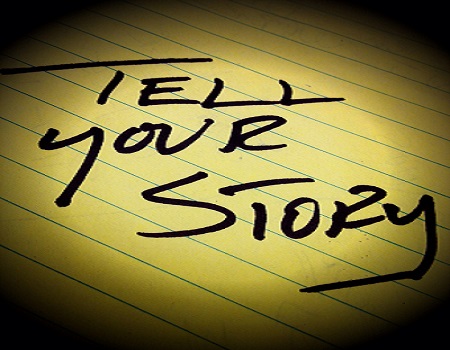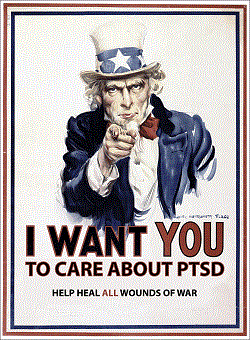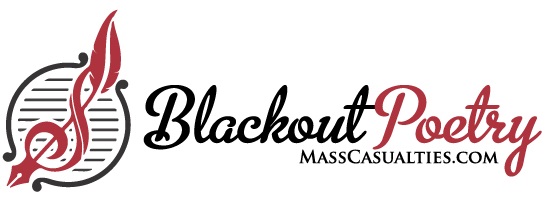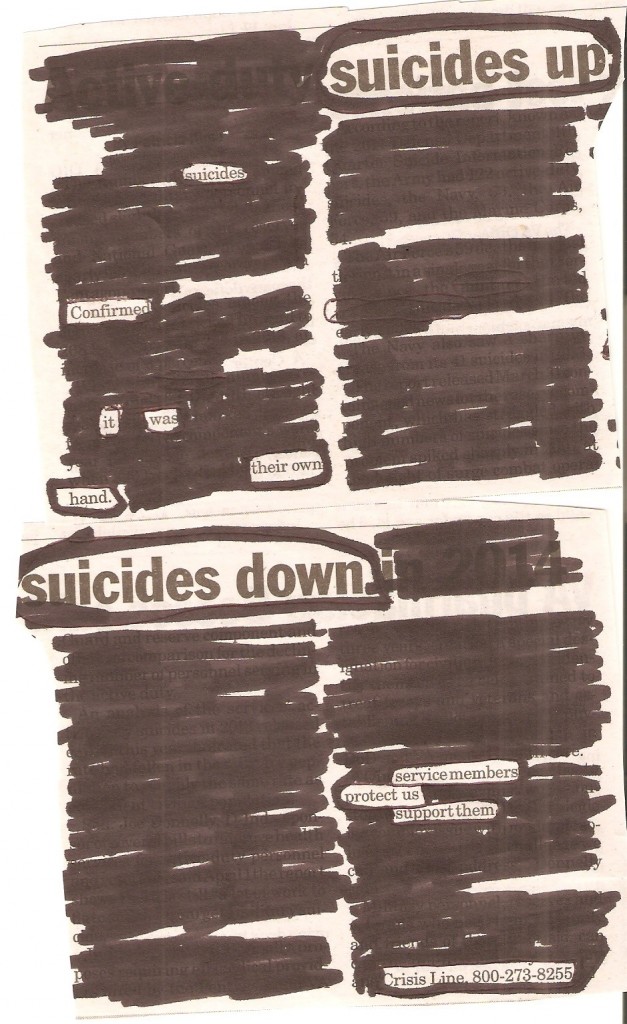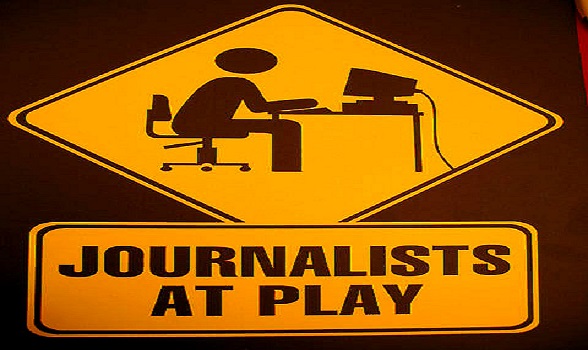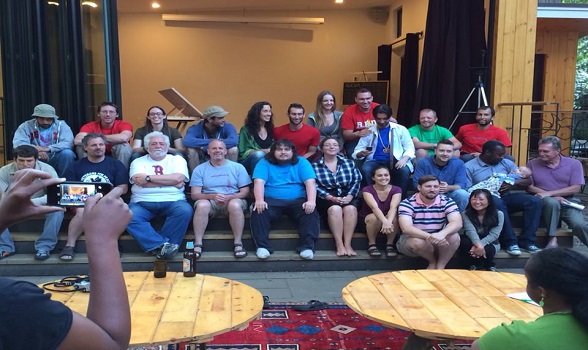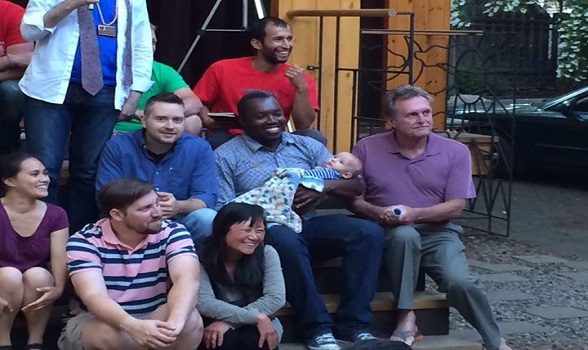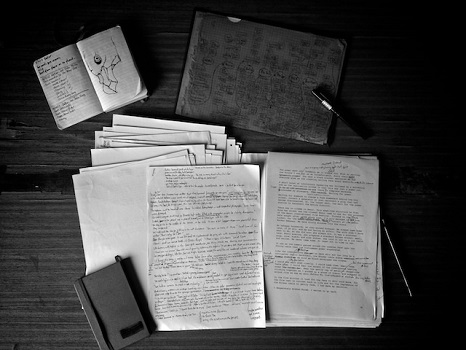 Quick Notes: The Importance of the subconscious editor
Quick Notes: The Importance of the subconscious editor
Recently, I graduated from Lesley University with an MFA in creative writing, and I decided that I wanted to share what I learned in a series of blog posts.
I decided to share for two reasons:
1) My notes, although not too detailed, could possibly help other writers.
2) Rewriting my notes forces me to re-read and re-think everything I learned, so it’s a win-win.
But before we dive in, please keep two things in mind:
1) These notes are neither complete nor perfect. The classes at Lesley were not typical lecture/note classes; the classes were filled with writing and thinking exercises and often this left no time for notes (in a good way). However, even with that, these sparse notes, I do believe, could still offer value.
2) I may, from time to time, include actual writing prompts from the classes, please bare with me, they’re first drafts and were done in the moment.
I hope you enjoy this series of notes and if you have any questions about the notes, Lesley University, or MFA’s, please feel free to contact me.
The Subconscious Editor
Your subconscious editor (who you are) writes, and the reader reads with their subconscious editor (who they are).
The voice from the subconscious editor: Go into your natural voice and use that.
How far back in time does one look at the soil from where a tree has grown?
If you write with your honest humanity, then people will read with their honest humanity.
All stories are local first, but are universal once it makes a connection.
The first “I” shouldn’t be you, it should be the “seeing eye.”
It’s not about you, it’s about the observations from your prism.
If you have writer’s block then you need to inspire your soul.
It’s the subconscious editor who writes. You need to live a writerly life and feed your subconscious editor.
Where does the subconscious editor come from? – It is the sum of who you are looking back at you.
What is the loam that made you who you are?
How do you view the world? And why?
What is your subconscious editor’s quest?
The subconscious editor makes the world is sees.
Click here to see more MFA Notes…
Recommended book for this section: Drumblair, by Rachel Manley.
Picture: Flickr/Graham Holliday
